By: Imam Shamsi Ali, President of Nusantara Foundation, New York
In the last section it was stated that the slander of the world is so terrible. Slander or trials (and challenges) in the face of world shocks are not easy. How many people, even from religious circles, have slipped due to the world.
Because in the world some of the clergy are elbowing each other, hasad and envious of one another. It is not uncommon for scientific activities and even rituals to become a place to fish for shrimp behind the bushes. It may even be that the clergy sells religion for the benefit of his world.
Moreover, in the field of politics or power, it is often a place to enrich oneself, family and groups. The greed of the world makes power no longer aimed at serving. It was intended to get service. For the sake of fulfilling the lusts of the world, how there are politicians who make everything lawful.
Also Read: Verses of the Universe in Gaza: The Unyielding Light of Faith
The point is that the slander of the world is terrible and heavy. Not a few have fallen on the way to their lives due to the irresistible pull or temptation of the world. Even the noblest things from all aspects of life, our intentions, often deviate when faced with a very strong world.
Scientific Slander
In Surah Al-Kahf also mentioned a story that is very popular among the Ummah. Namely the story of the prophet Musa AS and Khidr AS. Some scholars understand Khidr as a prophet. Others understand him as an expert of wisdom and not a prophet.
Musa AS as we know it was a prophet who had “himmah” (strong will). If he wants something, he will chase it until it comes true. Even the prophet Moses was also known as a physically strong prophet.
Also Read: Prophet Sulaiman Alaihi Salam, the Greatest Muslim King of All Time
The commentators relate that the story of Moses and Khidr began when someone from his Ummah asked him: “Who is the most intelligent person among them?”. Musa replied that he was the most knowledgeable of them. As a prophet of course Moses was right.
Apparently God wanted to remind Moses that “above the ability of people with knowledge there are still more knowledgeable” (wa fawqa kulli dzi ilmin aliim). This story certainly does not blame Moses. Because once again, as a prophet and apostle in the midst of his people, he certainly knows best about religious matters.
I don’t need to write that storyline anymore. What needs to be underlined is the meaning or wisdom of the story of Musa AS and Khidr. One of the most important is that science can turn out to be a great trial (slander) in human life.
On the one hand, knowledge can be a door for a variety of goodness in human life. Islam itself clearly and unequivocally emphasizes the urgency of knowledge for a successful life. Various verses of the Qur’an and so many hadiths of the Prophet Muhammad that require and even oblige this Ummah to be knowledgeable.
Also Read: Imaam Yakhsyallah Mansur: Surah At-Tin Indicates the Command to Liberate Al-Aqsa
From the first verses that were revealed (Iqra ‘) to the command to have knowledge (fa’lam) including the fact that the second most common words in the Qur’an are related to science (science, mind, reason, and the meaning). The Prophet also seemed to conclude by obliging this Ummah to seek knowledge. As in his saying “Seeking knowledge is mandatory for every Muslim” (hadith).
History confirms that it is only with science that civilizations become advanced and strong. Naturally, when the Prophet pioneered the development of the civilization of Medina, the companions were required to study. Even in conditions of war, the process of seeking knowledge must continue.
With all the urgency of science on the one hand, it turns out that on the other hand, science can actually become a bridge to human destruction, both at the individual and collective levels. On this side, science becomes an extraordinary slander of life.
If we draw this fact to human life today, it will be very relevant and striking. We live in a world ruled by science. As if everything is determined only by science.
Also Read: Imaam Yakhsyallah: Nurture Love for the Prophet, One Will Be with Whom One Loves
Unwittingly also knowledge becomes the god of life. Science is no longer a meana. But turned into a goal. Even knowledge is the measure of all things. At the same time it becomes the standard of “life value” in measuring the good or bad of something.
This is where knowledge turns into a terrible slander (trial). Human arrogance with science peaks when the source of knowledge (Sang Khaliq) is forgotten and even denied. This reality is sweeping the Western world. It is because of scientific arrogance that many people are agnostic (don’t believe in God).
Islam is also present to confirm the urgency of knowledge on the one hand. But on the other hand, it reminds the proportionality of science in human life. That science is important. But science is a way to find a value/the highest meaning of life. Up to the Khaliq. (iqra ‘bismi Rabbika alladzi khalaq).
And for that to be realized, Islam emphasizes the balance and inseparable relationship between the human mind and heart. Indeed, true knowledge in the view of Islam is born from the harmony of heart and mind (Ali Imran: 190-191).
Also Read: Friday Sermon: Emulating the Firmness of the Prophet in Struggle
Thus the wisdom of Al-Kahf which reminds us of the slander of science. Hopefully, this Ummah will be increasingly motivated to master science as a way to build an alternative civilization but science that is built on uluhiyah (celestial) values. Hopefully! (T/RE1)
Mi’raj News Agency (MINA)
Also Read: Imaam Yakhsyallah: Muslims Unity as Key to Victory of Islam






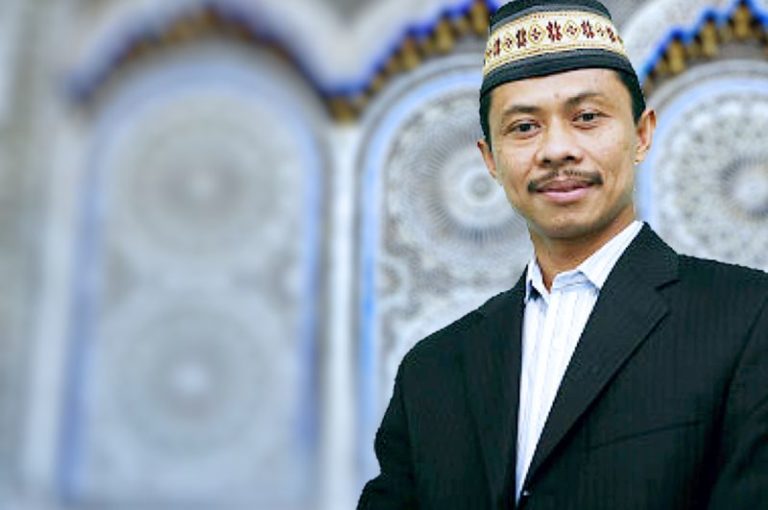

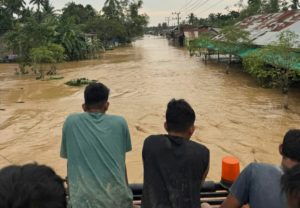





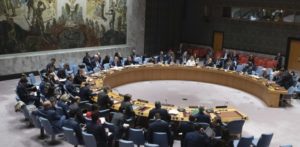

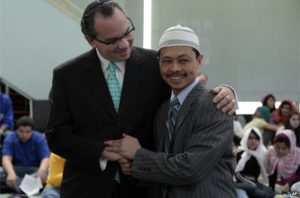

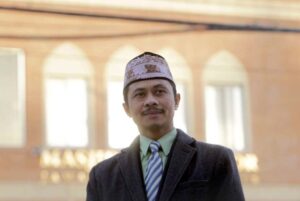

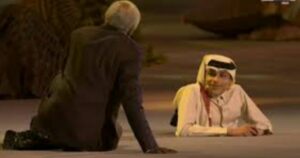
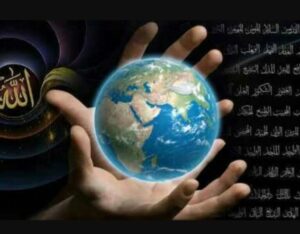









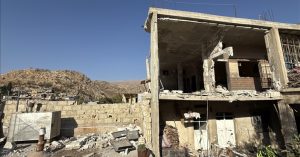



 Mina Indonesia
Mina Indonesia Mina Arabic
Mina Arabic